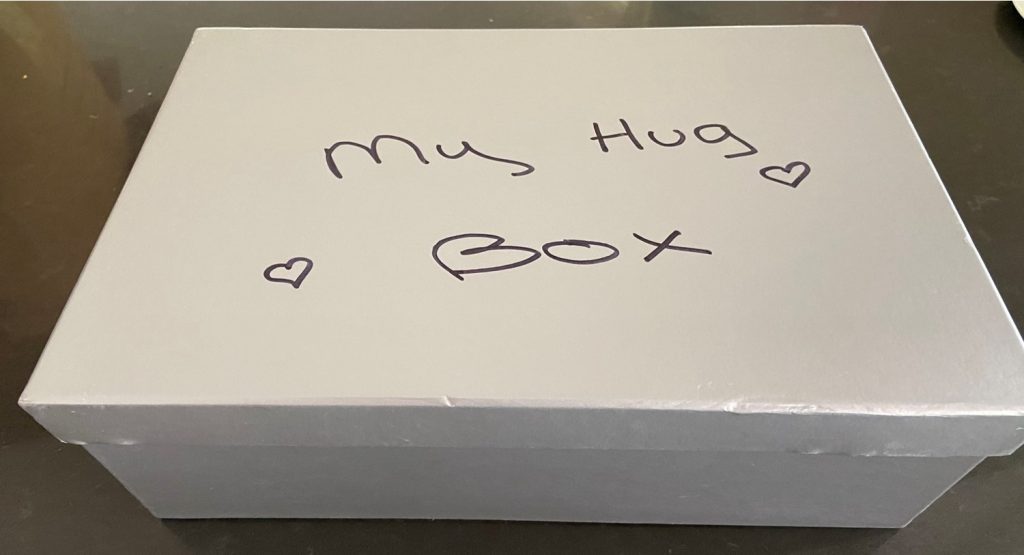
Losing someone you love is devastating. Even if the loss was anticipated it doesn’t lessen the shock of what has happened.
My world has stopped
You go outside and there is the world going on as if nothing has happened. All you want to do is scream at it to stop. Don’t these people realise you have just lost someone you love? That your world has stopped?
After that you are likely to be surrounded by support. People want to comfort, provide meals, come to the funeral. But over time, that tapers off and other people get on with their lives.
Bad days continue
During the aftermath of your loved one’s death you will have good days. Days when you feel light hearted and can laugh.
But there will be other days when you don’t feel so light hearted. You may even experience a storm of emotions around your grief.
These bad days can occur for many years.
What to do if you dread these days
Some people accept that there will be bad days. But other people dread these bad days.
Some of the bad days are ones you can expect, such as birthdays, anniversaries, Christmas, special days.
For those days you can prepare for in advance. You may decide to do something special to mark the day.
Not all bad days are ones you have warning about. Those days happen when you don’t expect them, or want them.
Making a hug box
When I run grief groups one of the activities we do is to prepare a hug box.
The idea of the box is to have to hand items you can use to give yourself comfort and hug on those bad days.
The box is a gift of self-love. Its intention is to give you a feeling of comfort and self love when you bring it out.
What is in a hug box?
You can put anything in a hug box that is special and brings you comfort.
Some of the things people have put in the box are:
• Candles
• Bath oils
• Art supplies
• Soft toys
• Lists of special things to do.
What are hug box lists?
There are many lists that you can put in your hug box.
You may want to list
• A playlist of special songs you find uplifting.
• Friends you can reach out to for support
• Ideas to get out and moving such as gardening, taking a walk, dancing around the house.
• Things that make you feel good such as funny movies, inspiring books, comfort food, people to see, activities to do.
• Ways to get out into nature.
• Places you can go.
• Words or affirmations that you find helpful. Some ideas are “it’s ok to feel sad”, “you can get through this”.
What other things can you do?
• You can keep a gratitude journal. Listing 10 things a day you are grateful for. On the bad days you can read back over the journal to remind yourself about the good things that have happened.
• You can participate in a grief group in person or online. This provides you with a support network who can give you understanding and support on those bad days.
• You can reach out for help from a counsellor.
Practical solutions
It is never easy grieving for someone you have loved, but a little planning with practical things you can do is an important way to survive the bad days.
If you would like to talk to me about how I can help you with your grief and surviving the bad days, please contact me on 0409396608 or nan@plentifullifecounselling.com.au
If you would like to learn more, I write a regular newsletter with interesting information, tips, information on courses, and the occasional freebie. At the moment I have a free mindfulness meditation for anyone who signs up to my newsletter. This meditation offers a way to safely explore your feelings and learn to be okay with them. If you would like to subscribe please click on the link here: http://eepurl.com/g8Jpiz
